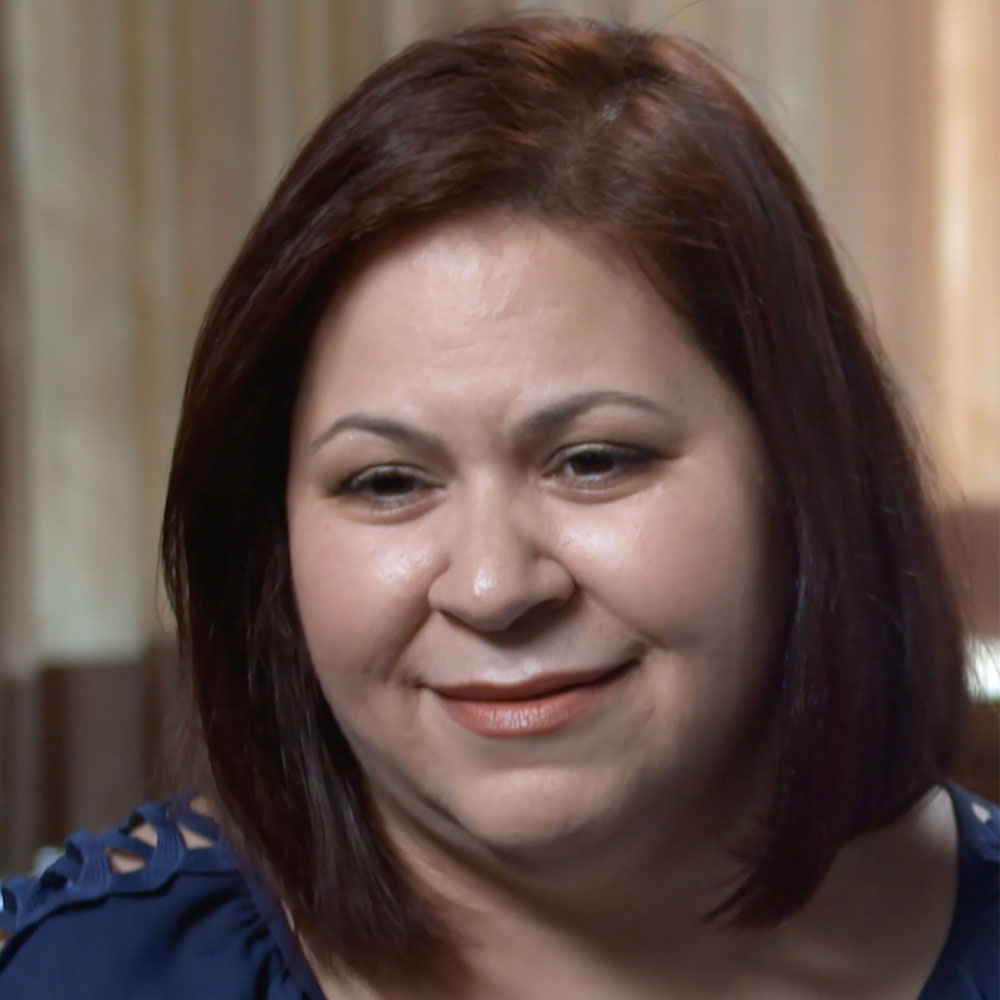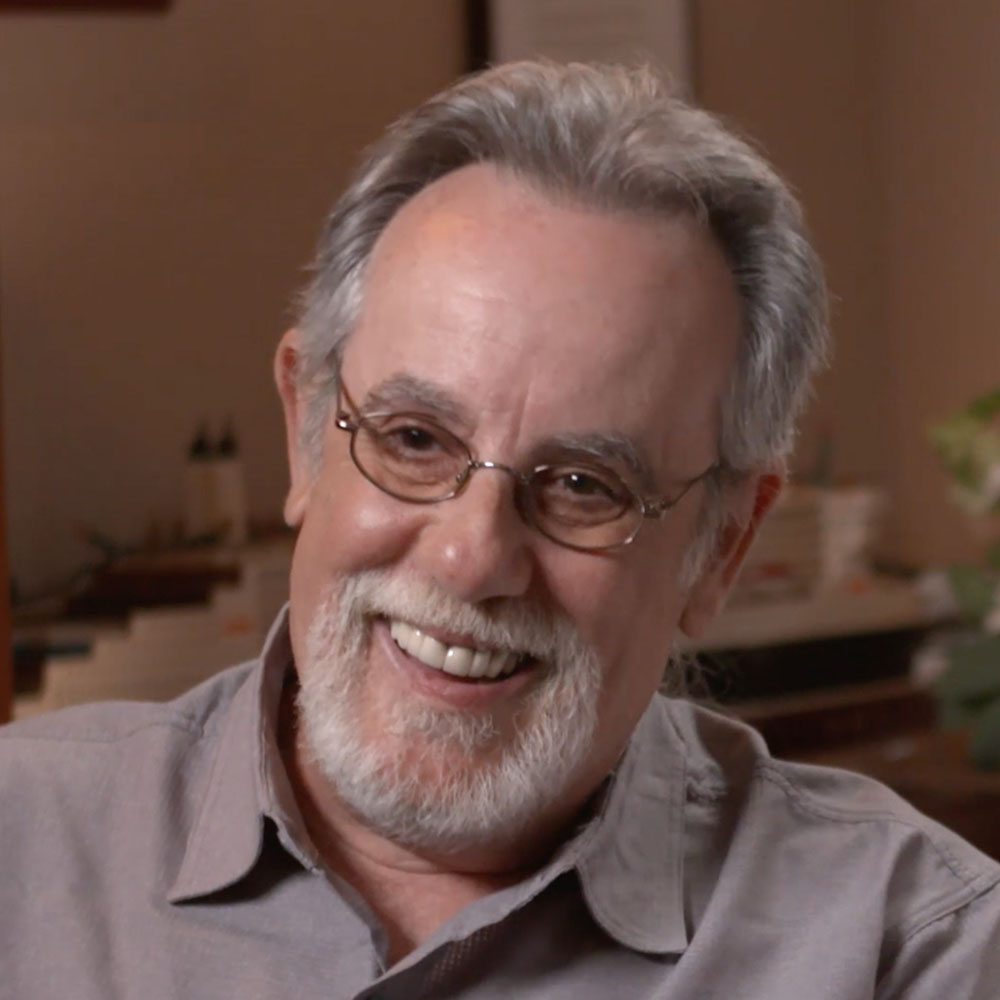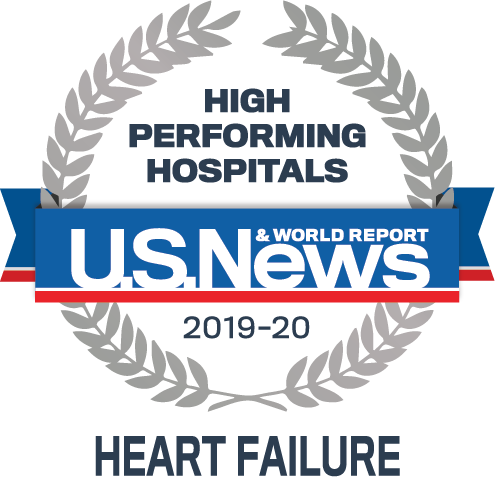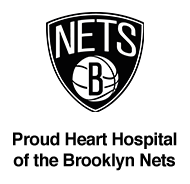
Your Heart is in the Best Hands
Maimonides has long been on the leading edge of heart and vascular excellence and innovation. We are the #1 hospital in the U.S. for heart attack outcomes1 and among the Top 10 hospitals in the nation for clinical excellence for three years running2.

Your Heart is in the Best Hands
Maimonides has long been on the leading edge of heart and vascular excellence and innovation. We are the #1 hospital in the U.S. for heart attack outcomes1 and among the Top 10 hospitals in the nation for clinical excellence for three years running2.







Pioneers and Innovators in Cardiovascular Care
Our world-class doctors are renowned experts in the fields of cardiology, cardiothoracic, and vascular surgery.
In a collaborative setting, they offer the most advanced techniques for diagnosing and treating all types of cardiovascular disorders including AFib ablation, angioplasty, aortic aneurysm repair, coronary artery bypass grafting (CABG), end-stage heart failure treatments, miniature pacemakers, minimally invasive valve replacement, heart-lung oxygenation therapy, and more. We are committed to providing our patients with the highest level of care.
Comprehensive Care for All Heart Conditions
Comprehensive Care for All Heart Conditions
Advanced Heart Failure occurs when heart disease has progressed to a point where traditional medication and symptom management no longer work.
Left Ventricular Assist Device (LVAD): An LVAD is a surgically-implanted mechanical device that helps maintain the pumping action of the left ventricle when it can no longer function effectively on its own. Maimonides is the only hospital in Brooklyn performing this procedure, which helps patients with end-stage heart failure get back to their families and their lives.
Extracorporeal Membrane Oxygenation (ECMO): ECMO is an innovative and life-sustaining therapy that uses a heart-lung machine to give patients temporary respiratory and cardiac support as they undergo cardiac treatment. Maimonides is the only NY area hospital with an “ECMO-to-Go” program, where our specialists travel to other hospitals, initiate ECMO and bring patients back to Maimonides for definitive treatment by our multidisciplinary team of experts.
Aneurysms result from weakening of the walls of blood vessels, causing them to enlarge or “balloon”. If an aneurysm ruptures, it can be a catastrophic event.
Repair: The surgeon replaces the weakened portion of the aorta with a synthetic tube called a graft, which allows blood to pass through the vessel without causing a bulge.
Hybrid Ablation for Atrial Fibrillation (AFib) Combining surgical and catheter-based techniques, Hybrid Ablation is an innovative procedure that reduces AFib symptoms and improves your quality of life. A cardiac surgeon makes small scars on the outside of the heart (ablation), while an electrophysiologist uses a catheter to ablate inside the heart. The scar tissue blocks the damaged electrical pathways causing the arrhythmia and helps restore your heart’s regular rhythm.
Left Atrial Appendage Clip
A permanent clipping device placed outside of the left atrial appendage of the heart to prevent blood clots from forming, reducing the risk of stroke and eliminating the use of anticoagulants. The device also provides electrical isolation of the appendage, which can be a source of AFib triggers.
Left Atrial Appendage Closure Device Implantation
A permanent implant designed to close the left atrial appendage to prevent clots in patients who have atrial fibrillation (AFib) but cannot tolerate long-term anticoagulation medication.
Electrophysiology Treatments for Atrial Fibrillation (AFib), Ventricular Tachycardia (VT), Supraventricular Tachycardia (SVT), or Ventricular Fibrillation (VF)
Electrical Cardioversion
This procedure involves delivering an electric shock to the heart that resets the heart rhythm back to normal.
Catheter Ablation
This procedure involves passing a specialized catheter through the veins or arteries into the heart. This can be performed either in the atrium or the ventricle. The tip of the catheter delivers either heat or cold energy into the heart to eliminate the abnormal tissues that cause arrhythmias.
Implantable Cardioverter-Defibrillator (ICD)
Patients at risk for life-threatening arrhythmias are candidates for defibrillators. The device is surgically implanted under the skin. It is able to recognize a dangerous arrhythmia and then delivers a shock to normalize the heart rhythm.
PFO/ASD Closure: Before birth, a baby’s heart has a tissue flap between the two upper chambers of the heart called the foramen ovale which allows oxygenated blood from the mother to bypass the baby’s lungs which are not yet fully developed. When the baby is born, the flap closes within three months. If this flap remains open, it is called a patent foramen ovale (PFO), which in rare cases can cause a stroke. The PFO can be closed using a minimally-invasive catheter-based technique. A device is placed in the heart to stop blood flow through the PFO, thereby preventing a stroke. Atrial septal defect (ASD) is a hole in the septum in the area that separates the atria. Treatment is similar to PFO closure.
The coronary arteries supply blood and oxygen to the heart muscle. Blockages from plaque or inflammation in the coronary arteries restrict the blood supply to the heart muscle put extra strain on the heart and can lead to a heart attack or heart failure.
Coronary Artery Disease Grafting (CABG): When plaque builds up in the artery causing a blockage, a CABG can be performed by grafting an artery or vein from another part of the body (usually the leg) creating a new passage for the blood to flow around the diseased artery and provide oxygen-rich blood to the heart muscle.
Aortic Valve Conditions:
Aortic Valve Regurgitation occurs when the aortic valve does not close properly, causing blood to flow back into the heart. Over time, this causes the heart to stretch and enlarge which can lead to heart failure.
Aortic Valve Stenosis is a serious condition in which the valve opening becomes progressively narrow, eventually severely limiting the amount of blood that is pumped out of the heart. This causes pressure to build in the left ventricle, weakening the heart muscle and can lead to heart failure.
Treatments:
Transcatheter Aortic Valve Replacement (TAVR): TAVR is an innovative, minimally-invasive approach to aortic valve replacement where a physician guides a catheter with an artificial valve attached through an artery to the heart. Using advanced imaging, the valve is implanted, then expanded and anchored inside the aorta so blood flow is restored.
Minimally-Invasive Aortic Valve Surgery:
This technique allows the heart surgeon to perform procedures on the heart through small incisions between the ribs (which avoids splitting the breastbone) or through a small incision in the upper breastbone. The surgeon will review the patient’s medical history and current condition to determine whether or not he/she is a candidate for minimally-invasive heart surgery.
Mitral Valve Conditions:
Mitral Valve Regurgitation is a condition that affects the chambers on the left side of the heart. The mitral valve that controls blood flow from the left atrium to the left ventricle does not close properly, which causes regurgitation (blood leaking backward into the left atrium). With this condition, the heart must work harder to pump the extra blood which increases the risk for heart failure and an irregular heartbeat.
Mitral Valve Stenosis occurs when the mitral valve’s leaflets stiffen, preventing it from opening completely. The narrowing of the mitral valve prevents the valve from opening properly and obstructs the blood flow from the left atrium to the left ventricle. This can reduce the amount of blood that flows forward to the body. This condition tends to develop slowly over time and symptoms may take decades to become noticeable.
Treatments:
Minimally-Invasive Mitral Valve Surgery:
This technique allows the heart surgeon to perform procedures on the heart through small incisions between the ribs (which avoids splitting the breastbone) or through a small incision in the upper breastbone. The surgeon will review the patient’s medical history and current condition to determine whether or not he/she is a candidate for minimally-invasive heart surgery.
Mitral Valve Repair Surgery: A procedure aimed at restoring the mitral valve’s normal function without the need of replacing it.
Mitral Clip: This procedure repairs the mitral valve without the need for an invasive surgical procedure. The mitral clip device is attached to a catheter and inserted through an artery into the heart where it clips the leaflets of the mitral valve together. Once implanted, the device allows the heart to pump more efficiently, thereby relieving symptoms and improving the patient’s quality of life.
Our dedicated team of highly trained pediatric cardiologists provides comprehensive evaluation and care for children with heart-related problems. They are specialists in treating even the most complex cases of childhood heart disease.
We treat heart murmurs, chest pain, arrhythmias and palpitations, syncope, cyanosis, Kawasaki disease, rheumatic fever, endocarditis, pericarditis and all congenital heart diseases.
At Maimonides Children’s Hospital, we evaluate and deliver care that is child-friendly in an environment created just for them, to reduce their anxiety.
Our vascular specialists offer innovative technologies and minimally invasive procedures, as well as balloon angioplasties and stents to treat vascular disease including abdominal aortic aneurysm (AAA), carotid artery disease, peripheral arterial disease and thoracic outlet syndrome.
Abdominal Aortic Aneurysm: An Endovascular Aneurysm Repair (EVAR) is a minimally invasive approach where the surgeon performs the aneurysm repair through small incisions in the groin. Stents are placed inside the aneurysm, thereby eliminating the need to perform open abdominal surgery. The stent acts like a barrier between the blood and the diseased portion of the aorta preventing further growth or leakage.
Carotid Artery Disease (CAD): Mild to moderate carotid artery blockages can be treated with lifestyle changes and medication. Antiplatelet agents such as aspirin can help prevent the formation of clots. Your doctor may also consider using medicine to help lower your cholesterol. If a severe blockage is identified, our surgeons can perform an advanced surgical procedure called carotid endarterectomy to remove the hardened plaque blocking the inside of the blood vessel.
Peripheral Arterial Disease (PAD): Mild to moderate peripheral artery blockages can be treated with lifestyle changes and medication. Antiplatelet agents such as aspirin can help prevent clots. If a severe blockage is identified, our surgeons can perform a surgical bypass to improve blood flow to the affected leg. Often patients can be treated using minimally invasive techniques, including balloon angioplasty and stenting.
Thoracic Outlet Syndrome: Depending on symptoms, physical therapy can be used as part of treatment. In some cases, our surgeons can perform a surgical procedure called thoracic outlet decompression to relieve the compression and symptoms. If a blood clot is involved, medications to break up the clot may also be administered.
The Maimonides Vein Center is renowned for its treatment of complex vascular problems, aortic diseases, wound care and limb salvage.
Chronic Venous Insufficiency: A condition caused by incompetent veins in the legs that increase pressure on the vein walls resulting in blood pooling in the legs.
Deep Vein Thrombosis (DVT): A condition that results from a clot forming in a major vein, usually in the legs. These clots carry the risk of dislodging from the vein and being carried to the lungs.
Varicose Veins: Symptoms include dark purple or blue veins, often with a twisted or gnarled appearance. Painful signs can include an achy or heavy feeling in the legs; burning, throbbing, or muscle cramping; itching around the veins; and discoloration or hardening of the veins. If you have ulcers (sores) around your ankles, see a vein specialist right away, as this may indicate a more serious condition.
Heart disease is the leading cause of death for women in the United States. Yet, many women don’t know it or don’t talk about it. Maimonides aims to change that. We are committed to increasing access for women in communities throughout Brooklyn to all of the programs at Maimonides that address women’s health issues.
We encourage women to seek preventative care to reduce their risk of developing cardiovascular disease by providing direct access to Maimonides physicians and programs; the information and resources we provide at our women’s heart clinic empower women to make heart-healthy lifestyle changes.
Passionate About Your Heart…
and Your Life
– Dr. Greg Ribakove, MD, Chief of Cardiothoracic Surgery
Passionate About Your Heart…
and Your Life
– Dr. Greg Ribakove, MD, Chief of Cardiothoracic Surgery
We offer three different support groups for patients including Mended Hearts (monthly), LVAD (monthly), and Aortic Support (quarterly).
For more information or to join a support group, call 718-283-8902.
Stories from the heart.
Our patients tell them best.
Stories from
the heart.
Our patients tell
them best.
Judith Marius
Read More
Lynette Rivera
Read More
George Argento
Read More
Anthony Gullo
Read More
Paolo DeStefano
Read More
Awards & Accolades
- Maimonides is the #1 hospital in the U.S. for Heart Attack outcomes according to the federal government1
- Maimonides is ranked among the Top 10 hospitals in the U.S. for clinical excellence for three years running2
- U.S. News & World Report gave Maimonides a perfect score for Heart Failure outcomes in its ‘Types of Care’ ratings.3
- Nationally recognized for excellence in heart valve and bypass surgery
- Lowest carotid surgery complication rate in the Northeast4
- Our nationally recognized doctors utilize the most-advanced technology and innovations in medicine.
- The pioneering first U.S. human heart transplant was performed at Maimonides in 1967.
Your life. To be continued.

Visit Us
4802 10th Avenue, 4th Floor
Brooklyn, NY 11219
718-283-8902
Main Hospital
4802 10th Avenue, 4th Floor
Brooklyn, NY 11219
718-283-7495
848 49th Street, 2nd Floor
Brooklyn, NY 11219
718-283-1500
953 49th Street, 1st Floor
Brooklyn, NY 11219
718-283-7489
Maimonides Doctors Bay Ridge
9020 5th Avenue, 2nd Floor
Brooklyn, NY 11209
718-283-2600
Maimonides Doctors Brighton Beach
3209 Coney Island Avenue, 2nd Floor
Brooklyn, NY 11235
718-265-0005
Maimonides Doctors Kensington
421 Ocean Parkway
Brooklyn, NY 11218
718-282-1443/718-283-1078
4802 10th Avenue, 4th Floor
Brooklyn, NY 11219
718-283-7686
Main Hospital
947 49th Street
Brooklyn, NY 11219
718-283-7957
Maimonides Doctors Brighton Beach
3209 Coney Island Avenue, 2nd Floor
Brooklyn, NY 11235
718-265-0005
Maimonides Vein Center
745 64th Street, 4th Floor
Brooklyn, NY 11220
718-283-7957
Visit Us
4802 10th Avenue, 4th Floor
Brooklyn, NY 11219
718-283-8902
Main Hospital
4802 10th Avenue, 4th Floor
Brooklyn, NY 11219
718-283-7495
848 49th Street, 2nd Floor
Brooklyn, NY 11219
718-283-1500
953 49th Street, 1st Floor
Brooklyn, NY 11219
718-283-7489
Maimonides Doctors Bay Ridge
9020 5th Avenue, 2nd Floor
Brooklyn, NY 11209
718-283-2600
Maimonides Doctors Brighton Beach
3209 Coney Island Avenue, 2nd Floor
Brooklyn, NY 11235
718-265-0005
Maimonides Doctors Kensington
421 Ocean Parkway
Brooklyn, NY 11218
718-282-1443/718-283-1078
4802 10th Avenue, 4th Floor
Brooklyn, NY 11219
718-283-7686
Main Hospital
947 49th Street
Brooklyn, NY 11219
718-283-7957
Maimonides Doctors Brighton Beach
3209 Coney Island Avenue, 2nd Floor
Brooklyn, NY 11235
718-265-0005
Maimonides Vein Center
745 64th Street, 4th Floor
Brooklyn, NY 11220
718-283-7957

(1) cms.gov 2020 (2) cms.gov 2018, 2019, 2020 (3) U.S. News & World Report 2020 (4) Vascular Quality Initiative, 2019
© 2020 Maimonides Medical Center